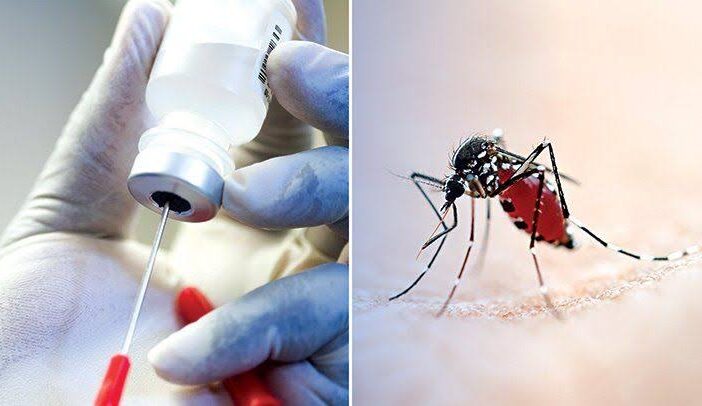The Ondo State steering committee for World Bank Immunization Plus and Malaria Progress by Accelerating Coverage and Transforming Services has disclosed that residents of the state spend about N20 billion on prevention and treatment of malaria disease annually.
The committee, also known as IMPACT project, said, “It is estimated that Nigerians spend 25% of their annual income treating malaria. In addition, it generally reduces Nigeria GDP annually by one percent.”
The head of the committee and state Malaria Programme Manager, Dr Waheed Folayan, made the disclosure at the inauguration of the committee in Akure, the state capital on Tuesday.
LEADERSHIP reports that the project was part of the efforts to eradicate malaria disease among the residents of the state, particularly the children.
Folayan further explained that the project would strengthen the efforts of the state government to fight malaria.
According to him, In addition, malaria has been noted to be a cause of poverty. Today an estimated 100 million Nigerians live on less than $1.9 per day.
“In Ondo State, for example, it is estimated that every household spent an out of pocket of at least N8,000 on preventive materials and treatment with antimalarial across about 1.5 million households estimated at a cost of about ₦12 Billion out of the economy of Ondo State annually.”
Addressing the gathering, the state Commissioner for Health, Dr Banji Ajaka, said the IMPACT project would strengthen the health sector of the state.
Ajaka, who added that the main objective was to reduce the under-five mortality rate by 40 per cent in the first phase, noted that the developmental objective of the project was to improve utilisation and quality of immunisation and malaria services in the state .
According to him, as of 2020 when IMPACT started, the national mortality was 132 per cent However, Ondo State under-five mortality rate is 65 percent per 1000 live births, reducing by 40% will bring us to 25 percent. We are far better than the national figure but we are still going to do more to reduce it more.
“The project was a five year project which had already started in 2020, The committee must fast-track the assignment in order to deliver and meet the target in 2025.
” We have a Herculean task before us, this programme started in 2020 and it is a five year project that means we have just two years to implement the programme. We need to speed up the implementation, the Project Implementation Unit and the steering committee are to work together as fast as possible to achieve the goal of the project.”
Ondo Residents Spend N20B On Malaria Treatment Annually – Committee
Share.




